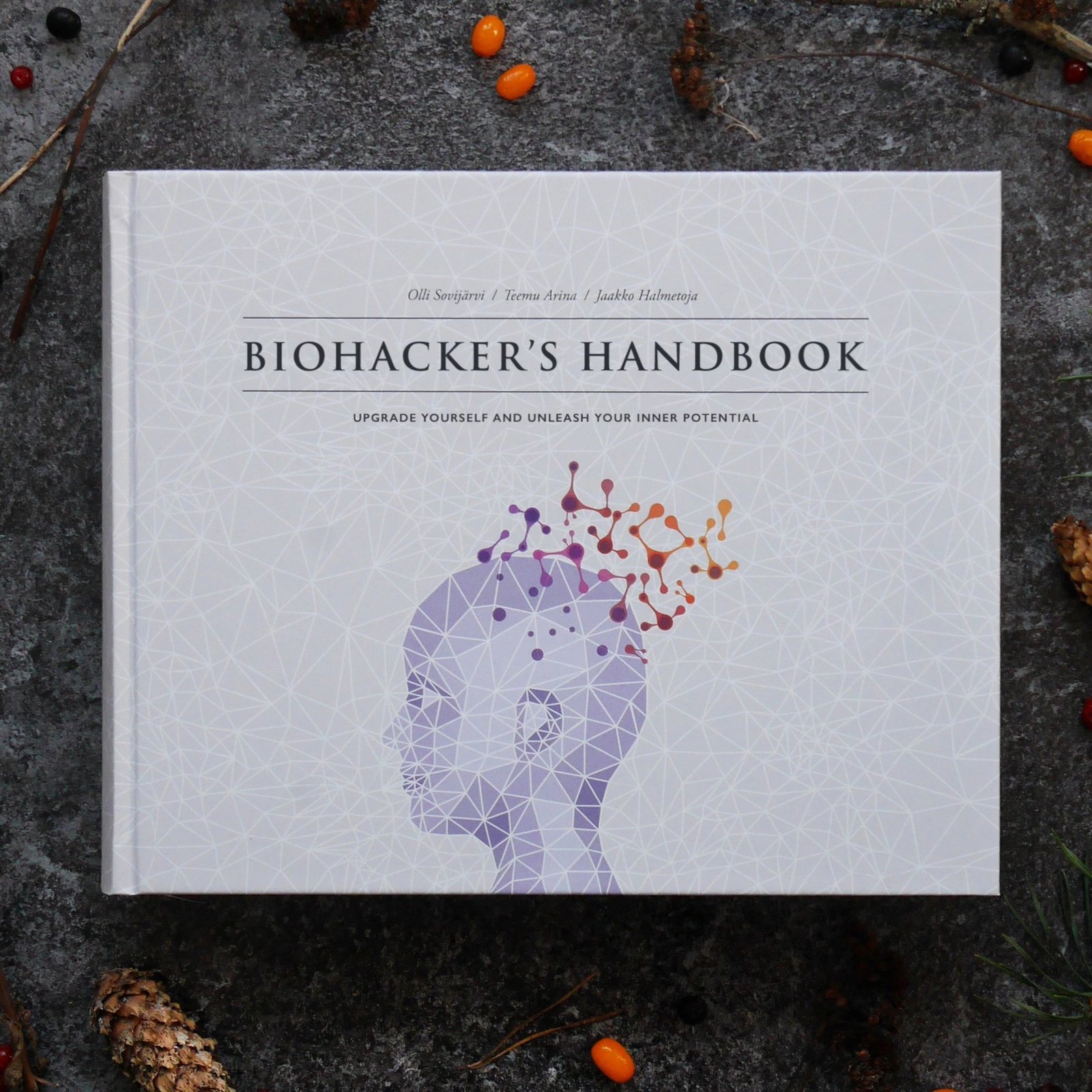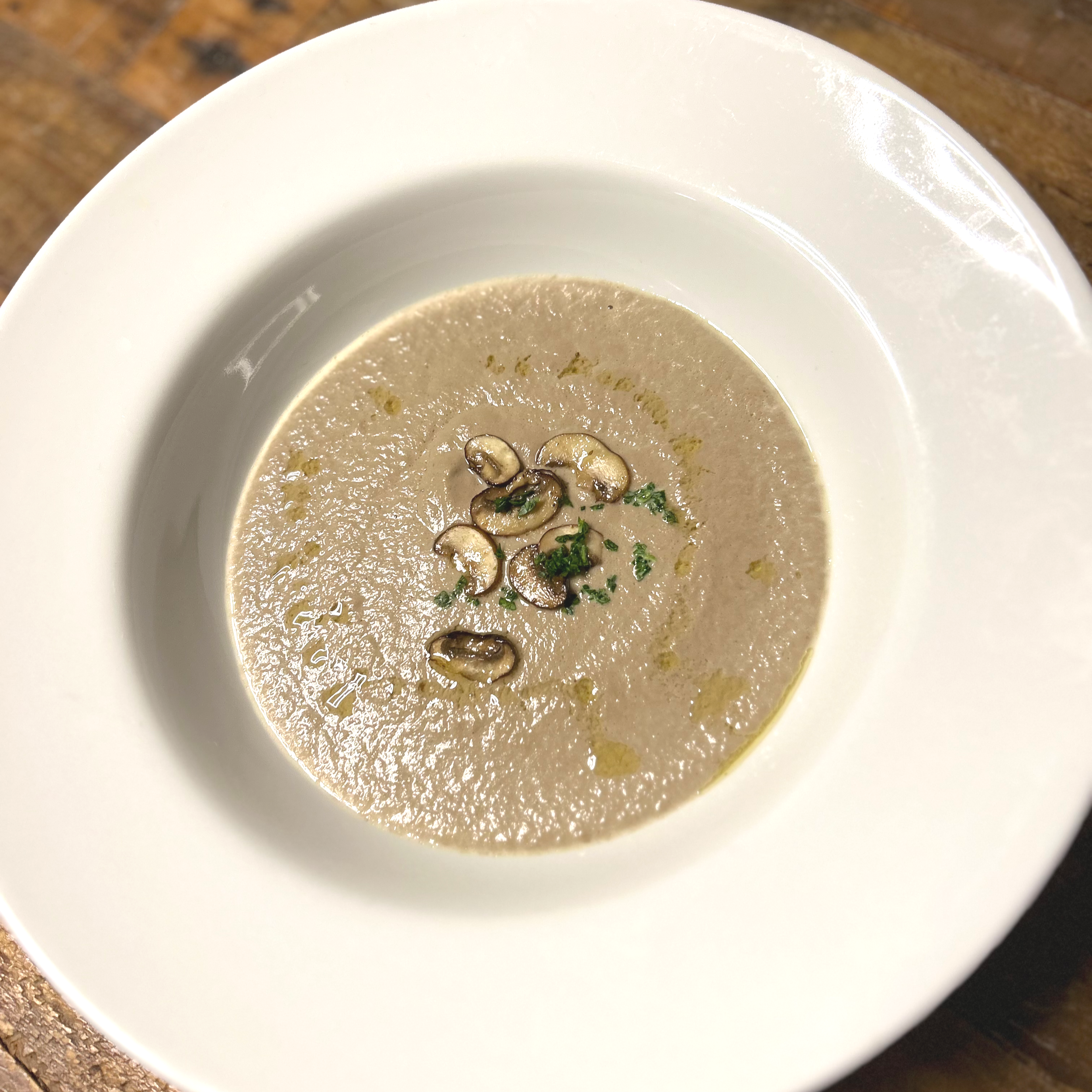Fermented Foods for Health Optimization
Fermented Foods
Fermented food has long been a staple in many cultures and for a good reason. Each fermented food has its unique flavor, texture, and health benefits.
Fermented food has long been a staple in many cultures and for a good reason. Fermentation is a process that helps to preserve food and can also enhance its nutritional value. Many fermented foods are available, from well-known items like yogurt and sauerkraut to more unfamiliar fermented foods like kimchi and tempeh. Each fermented food has its unique flavor, texture, and health benefits.
Gut microbiota modulation. Beneficial effect on the intestinal environment through microbial composition modification by using probiotic, prebiotic, and postbiotic administration and fecal microbiota transplantation (FMT). All these approaches can be optimized by patient-tailored treatments to manage the individual’s physiology and pathology better.
The process of fermentation transforms food by breaking down carbohydrates and proteins into simpler molecules that are more easily absorbed by the body. This process also creates beneficial compounds like vitamins, minerals, and antioxidants.
Gut microbiome
The gut microbiome is the collection of all the microbes that live in the gastrointestinal tract. These microbes play an important role in human health, including digestion, metabolism, and immunity. The composition of the gut microbiome varies between individuals and is influenced by diet, age, and lifestyle factors. There is growing evidence that fermented food can positively impact health. Fermented food is a rich source of probiotics, which are live microorganisms that provide health benefits when consumed. Probiotics are thought to promote gut health by helping maintain the balance of gut microbes and supporting the immune system. They may also help to regulate metabolism and reduce inflammation. In addition to probiotics, fermented food also contains other beneficial compounds, such as enzymes, vitamins, and minerals. These compounds support gut health and contribute to the overall nutritional value of fermented foods.
Diet is a major source of precursors for metabolite production, and the microbiome plays a central role in host metabolism. Fermented food is a particularly important source of nutrients for the microbiome, as it provides probiotics and other beneficial compounds that support gut health. The microbiome also produces short-chain fatty acids (SCFAs), which are important for maintaining gut health and regulating metabolism. SCFAs are thought to play a role in obesity and other metabolic disorders, and manipulating the microbiome through diet may be a potential therapeutic strategy for these conditions.
Fermented food has been shown to have a number of health benefits, including improved digestion, increased nutrient absorption, and enhanced immune function. Fermented food is also a good source of antioxidants, which can help to protect against cell damage and reduce the risk of chronic diseases. The health benefits of fermented food are thought to be due to the unique combination of beneficial compounds that are present in these foods. These compounds work together to support gut health and promote a healthy metabolism. The microbiota is a collection of microbes that live in the gut and play a role in digestion, metabolism, and immunity. Fermented food contains beneficial bacteria that can help to maintain a healthy microbiome and support the immune system.
A diet rich in fermented food may be a helpful strategy for preventing or treating obesity and other metabolic disorders. The probiotics and other beneficial compounds in fermented food can help to regulate metabolism and reduce inflammation. Manipulating the microbiome through diet may be a potential therapeutic strategy for these conditions. Fermented food is a rich source of nutrients that support gut health and contribute to the overall nutritional value of the diet. Including fermented food in the diet may be a helpful strategy for preventing or treating obesity and other metabolic disorders.
In addition to providing nutrients, the microbiome also plays a role in the elimination of toxins from the body. The gut microbiome is responsible for breaking down and excreting many of the toxins we are exposed to daily, including those found in food and the environment. This process is known as biotransformation, an important function of the microbiome that helps keep us healthy. The microbiome is a complex and dynamic ecosystem that is constantly changing in response to our diet and environment. By understanding how the microbiome affects metabolism, we may be able to develop new dietary and therapeutic strategies to support gut health and optimize metabolism.
Darkside of fermented foods
There are a number of health benefits associated with consuming fermented foods. However, it is important to be aware of the potential side effects before consuming them.
SIBO, or small intestinal bacterial overgrowth, is a condition in which the bacteria in the intestines become too plentiful. This can lead to symptoms like gas, bloating, and abdominal pain. Dysbiosis is a similar condition, but it refers to an imbalance in the types of bacteria present in the gut. Both SIBO and dysbiosis can be caused by consuming too many fermented foods.
Headaches and migraines are other potential side effects of consuming fermented foods. This is thought to be due to the release of histamine during fermentation. Histamine intolerance is a condition in which the body cannot properly break down histamine. This can lead to symptoms like headaches, migraines, and nausea.
Food-borne illness is another potential side effect of consuming fermented foods. This is because the fermentation process can create an environment that is conducive to the growth of harmful bacteria. Infection from probiotics is another possible side effect of consuming fermented foods. Probiotics are live microorganisms that are often consumed in fermented foods. While most probiotics are harmless, some can cause infections, especially in people with weakened immune systems.
Antibiotic resistance is another potential side effect of consuming fermented foods. This is because the fermentation process can increase the levels of antibiotic-resistance genes in bacteria. Antibiotic resistance occurs when bacteria become resistant to the effects of antibiotics. This can make infections more difficult to treat.
If you experience any of these side effects, it is important to seek medical attention. There is still much to learn about how probiotics and fermented foods impact gut health, but the evidence suggests that they can be a valuable part of a healthy diet. Gut health is an important part of overall health; optimizing the gut microbiome is one way to promote good health.
More fermented foods to your diet
If you’re interested in trying fermented foods for gut health, many delicious options exist. Fermented vegetables, such as kimchi and sauerkraut, are rich in probiotics and can be easily added to meals. Yogurt, kefir, and other fermented dairy products are also excellent sources of probiotics. Kombucha is a refreshing probiotic-rich beverage made from fermented tea.
As you can see from our recipes on Hakkohub, fermented foods are an important part of the Japanese diet. Fermented soybeans are used to make miso, a fermented paste that is a key ingredient in many Japanese dishes. Other popular fermented foods include soy sauce, natto, a fermented soybean dish, and sake, a fermented rice beverage.
Many fermented foods are high in fiber, promoting good gut health. Fermented foods can also be a good source of probiotics, which are live bacteria with health benefits. Probiotics are often called “good” or “friendly” bacteria because they help keep the balance of organisms in the intestines. Once again, the gut microbiome differs from person to person, depending on where you live, what you eat, and how you eat.
There are many ways to incorporate fermented foods into your diet. Add a few servings weekly and see how your gut health responds. You may find that fermented foods make a valuable contribution to your overall health and well-being.
References:
https://www.ncbi.nlm.nih.gov/pmc/articles/PMC7279363/
https://www.ncbi.nlm.nih.gov/pmc/articles/PMC5435907/
https://www.ncbi.nlm.nih.gov/pubmed/29243044
https://www.ncbi.nlm.nih.gov/pubmed/28767302
NEWS
OPTIMIZED LIFE
TATEKITCHEN
BLOG















